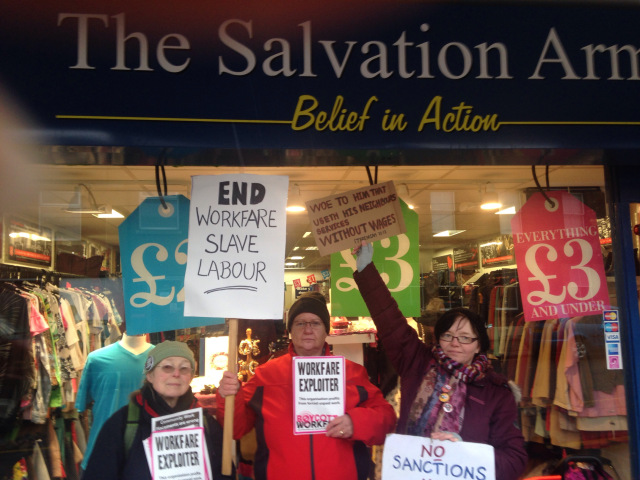Things were hotting up tonight in the Labour battle ahead of the AGM to be held on Saturday. Muhammed Butt is said to be rounding up a field of candidates and it is alleged that one of the group said the nominees would exclude the 'old white men' of Brent Labour.
Cllr Butt is claimed to have approached Cllr Margaret McLennan as deputy leader and Cllr Amer Agha as chair of the Planning Committee.
The number of people on his list exceeds the number of posts available so there may have been some double offers. The names I have heard tonight may include some who would rather be on the other side but include Shama Tatler, Aslam Choudry, Sabina Khan, Krupesh Hirani, Wilhelmina Mitchell Murray, Ahmad Shahzad and Arshad Mahmood.
Roxanna Mashari seems to have aroused opposition from some of Butt's group who are alleged to have described her as 'toxic'. Aslam Choudry and Muhammed Butt found themselves mired in controversy last week over Facebook posts. Cllr McLennan's failure to support residents over the Byron Court school expansion and her lack of visibility has made her unpopular in her ward. Cllr Agha is currently vice chair of Planning Committee and voted for the unpopular Twin Towers development which Sarah Marquis, the chair, opposed.
Cllr James Denselow as far as I have been able to ascertain is not one of Butt's choices.
On the wilder side I have heard suggestions that Butt may seek support from the Kenton Conservatives if he is unsure of a majority when the positions go to Full Council.
Cllr Butt is claimed to have approached Cllr Margaret McLennan as deputy leader and Cllr Amer Agha as chair of the Planning Committee.
The number of people on his list exceeds the number of posts available so there may have been some double offers. The names I have heard tonight may include some who would rather be on the other side but include Shama Tatler, Aslam Choudry, Sabina Khan, Krupesh Hirani, Wilhelmina Mitchell Murray, Ahmad Shahzad and Arshad Mahmood.
Roxanna Mashari seems to have aroused opposition from some of Butt's group who are alleged to have described her as 'toxic'. Aslam Choudry and Muhammed Butt found themselves mired in controversy last week over Facebook posts. Cllr McLennan's failure to support residents over the Byron Court school expansion and her lack of visibility has made her unpopular in her ward. Cllr Agha is currently vice chair of Planning Committee and voted for the unpopular Twin Towers development which Sarah Marquis, the chair, opposed.
Cllr James Denselow as far as I have been able to ascertain is not one of Butt's choices.
On the wilder side I have heard suggestions that Butt may seek support from the Kenton Conservatives if he is unsure of a majority when the positions go to Full Council.








